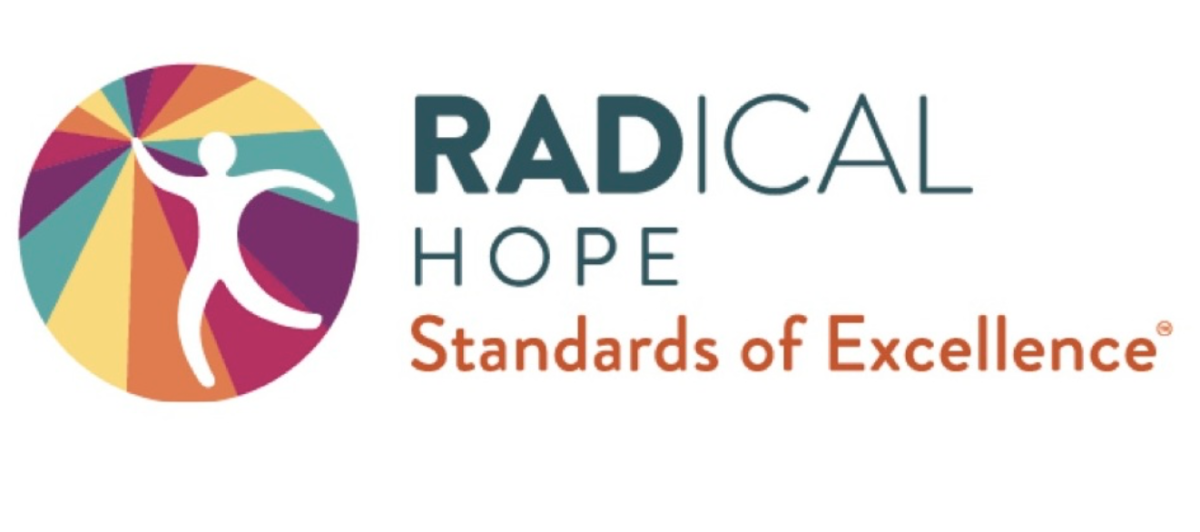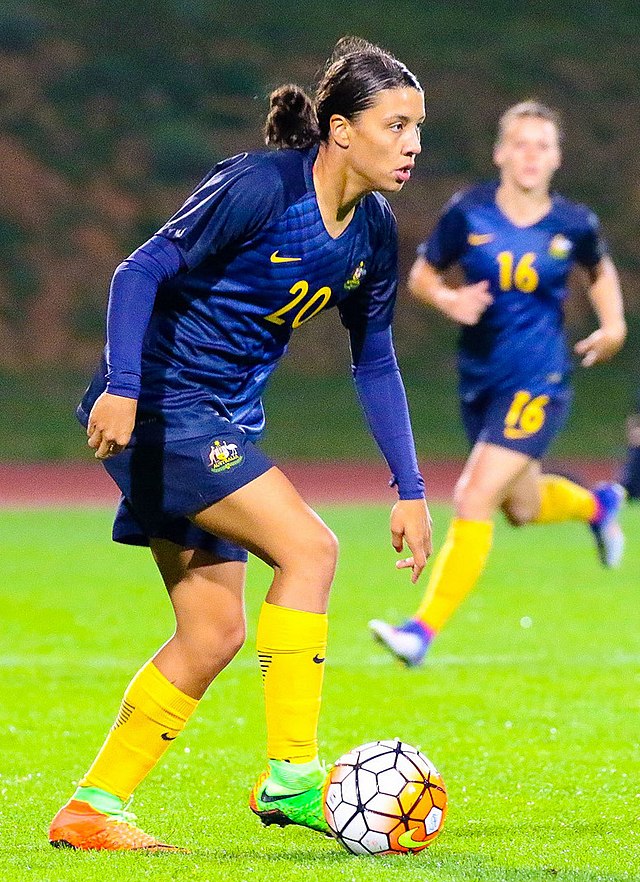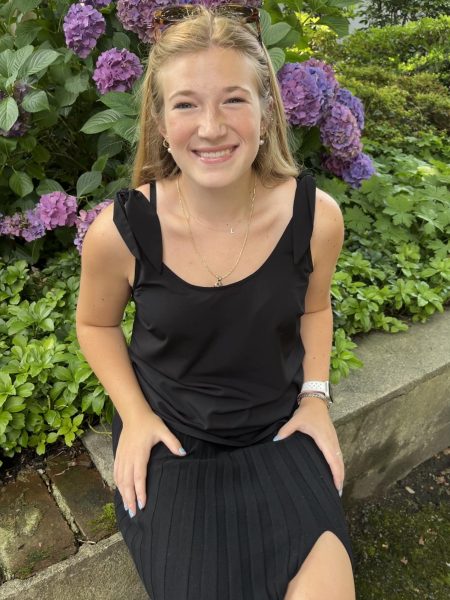This past weekend, first year student athletes kicked off Dickinson Athletics’ involvement with a brand new initiative: RADical Health, a four week program developed by the RADical Hope Foundation. RADical Hope Foundation was established by parents Pam and Phil Martin after losing their son, Chris, to suicide in 2017. According to Pam Martin, the mission of RADical Hope is to “break the grip of emotional isolation that is killing our young people,” as they work to address the unique socio-emotional pressures collegiate student athletes face. The program’s initiatives focus on delivering science-based programs that foster skill development and authentically supportive communities tailored to student athletes.
Within the RADical Hope Foundation, RADical Health partnerships operate on college campuses within the athletics systems to help initiate conversations surrounding students’ emotional, physical, and mental health. To create a peer-led mentorship program, upperclassmen are first trained to facilitate productive dialogue between their first-year peers. Specifically, they learn about tools, skills, and resources they can promote to first-years amidst their large transition into collegiate life. RADical Health centers around proactively instilling resiliency and establishing supports for students, before students reach a crisis point.
RADical Health is structured to take place over the course of four weekly sessions, allowing for consistent and concentrated community development throughout September and October, wisely situated after students have settled into routine but still before any mid-semester stressors. According to a RADical Hope programming flyer, each session consists of meeting with a designated group of 8-15 peers from different teams and tackling one of four core questions: “what matters to me,” “how do I connect,” “why am I stressed” and “where do I go from here?” Through these questions, students have the opportunity to connect and strategize; these conversations address self care, stress and time management, communication and empathy skills, informed decision making and more.
When asked about how the first official meeting went, peer mentor Caroline Kirkpatrick ’27 stated that it was an exciting time: “first-years from different teams got to meet, relate to each other and talk about stressors or pressures.” In talking about how the remainder of the sessions are looking, she emphasized the community aspect of the program, explaining that “in the future students will be able to form closer relationships with each other and with us as peer mentors.”
First-years themselves seem to be in agreement about reaping the benefits of this new initiative.
Gillian Rosenstock ’29 explained how it has already helped in her transition to college, saying “[I] really enjoyed … it made me consider how my personality might differ on and off the field, and that there are other people going through the same things as me.” Another first-year, Alex Hackett ’29 added that it was “a good place to talk about shared experiences, and for us to learn how to balance our busy schedules.” Hackett also relayed that it was nice to meet new people, explaining “we are all on our own busy schedules, and our paths wouldn’t have crossed otherwise.”
As the RADical Health sessions continue, we hope that the youngest Red Devils continue to build connections with each another and find ways to advocate for their own health across the board.






